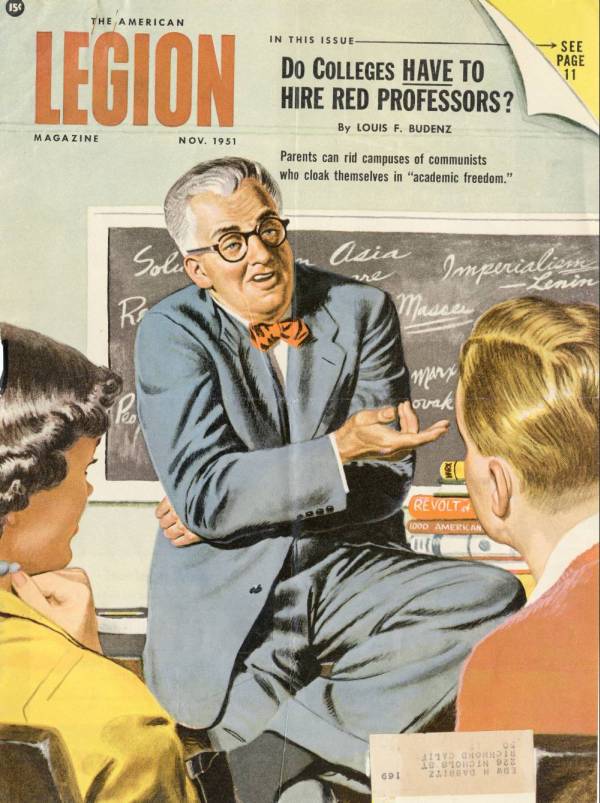What Really Happens in the College Classroom

The ridiculous attacks on Critical Race Theory are by people who have no idea what it is but have discovered a fun catchphrase to describe their outrage over the teaching of actual history instead of mythology. But even if you were to teach CRT, to the extent that it’s even really a thing that is taught, it ignores what really happens in the classroom. Ed Ayers, one of the most prominent historians of the American South, writes on this key point, noting that what happens in there is the attempt to build a community of trust.
Our classrooms must be communities of trust, and we know what creates that trust. It begins, regardless of the subject, regardless of the grade level, with teachers’ empathy, compassion, and understanding for the students entrusted to them. The best teachers care enough about their students to take them seriously, to engage them, to question them.
Trust grows, too, when students see that teachers know what they are talking about, that they have mastered the subjects they convey. The teaching of American history is exciting and challenging because our range of vision continues to broaden, because our collective knowledge deepens. We teach history in new ways because there is more to learn about more subjects, because threadbare assertions prove to be untrue, because exciting prospects open when we include as many people as we can in our stories about the past.
Teachers must possess trust to do their jobs effectively. They must trust their principals to sustain conditions of professional autonomy and respect. They must trust their supervisors to understand and promote their discipline, to create opportunities for ongoing, job-embedded professional learning. They must trust their school boards to protect education from partisan agendas and cynical intrusions.
Students must trust that their voices are being heard, that what they have to say will be respected. Sometimes that respect requires that misconceptions be corrected, that incomplete knowledge be augmented, that other opinions be welcomed. Students must learn to trust that other people love their country no less than they do simply because they support another candidate or party.
Students must also trust they are being told the truth. Their ideas must contend with evidence, not explain it away. They need to acknowledge that expertise matters, that people who study a subject for a living know more than those who do not, that professional standards extend beyond “opinion” and are tested in peer review, debate, and further instruction.
The history of history education shows that political concerns and pedagogical fads come and go. The attributes of a good teacher of history, by contrast, have remained constant across generations: curiosity, humility, and concern for students.
Finally, parents must trust their children. Their children are learning about the American past all the time. Systemic racism is all too evident not only in the neighborhoods where they live, but in the very schools where they learn. Critical race theory is embedded in the lyrics of hip-hop and pop music that students of all backgrounds stream and memorize. Ignoring, denying, or raging at those facts does not make them go away. What it does do is make school irrelevant at best, and fraudulent at worst.
Now, I haven’t dealt with this personally yet, but there are many cases out there of right-wing college students majoring in trolling, signing up for classes they know they will hate in order to record professors saying this or that which can then be turned into something for the right-wing hate machine. It’s distressing on many levels, not only for how it scares professors (and it does, though I’m not too worried about it), but for how it attacks other students’ desire to learn. Moreover, it’s just sad and pathetic. Why would you sign up for those classes? Why not just take your business classes and be done with it? In any case, the conservative attacks on universities is very real, largely because it is the last part of America where people can be challenged in their beliefs. But in order to do that, you need the community of trust in the classroom. It’s not easy to build. It can be easily destroyed. Which is just what these fascists want.


